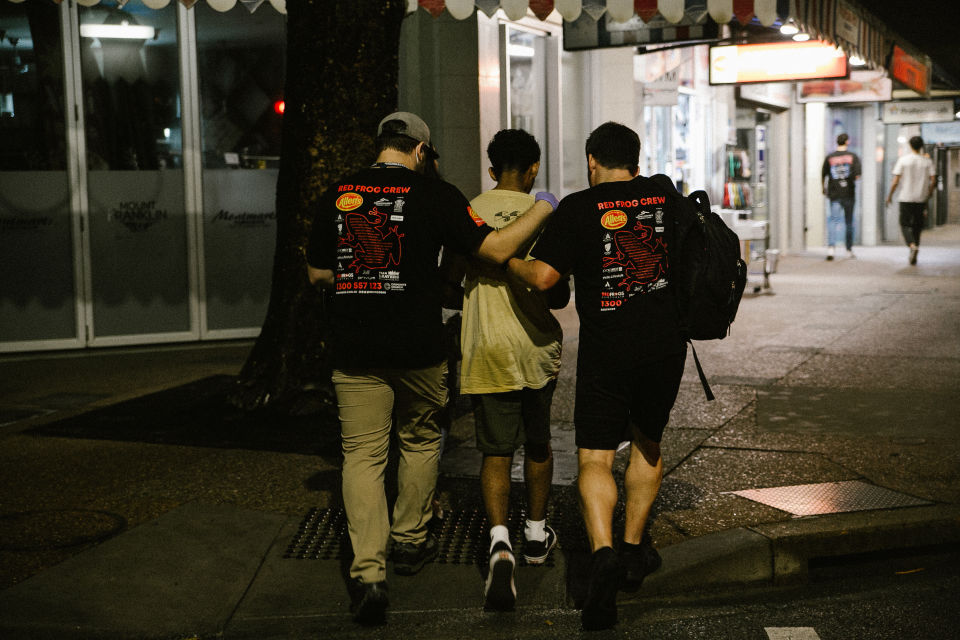Offering support is a great way to show your teen that you can and are cheering them on through this difficult time. We encourage you to make them breakfast, pack their school lunches, spend quality time with them, drive them to appointments and/or clean their room. Remember, a little bit of kindness can go a long way.
#Why is my teen grieving?
There are many reasons why a young person may feel grief such as loss of a friendship, family breakdown, loss of a dream, changing life stages, disappointing ATAR score, health issues, sexual assault, break ups and more. Different events can cause different reactions. So, it’s important to remember that even if you think the situation isn’t a big deal, it may be a big deal to your teen.
It’s important to remember that even if you think the situation isn’t a big deal, it may be a big deal to your teen.
#What will the grieving process look like for my teen?
01
The grieving process is different for everyone
Some people like to throw themselves into work or study while others like to lock themselves in their room and cry it out. Either way, their grief is valid. Your teen may grieve differently to you and that is okay. Remember, there is no ‘right way’ to process difficult life events.
02
The timeline for healing is not linear or definite
Sometimes grief hits people at different times. For example, after receiving a health diagnosis or having a loved one pass away, your teen may take some time before they can actually process the life event. They may start showing symptoms of grief a few months after the actual event rather than straight away. Don’t be alarmed… remember, there is no timeline for processing grief. In some cases, pain may never fully heal as some life events can have lasting effects. We understand that as a parent this can be challenging to watch. Instead of attempting to put a bandaid over the wound, it’s important to help your teen find strategies to deal with the trauma as it reappears.
03
Emotions can be at an all time high
Grief can affect the way that you process and express emotions so sometimes their ‘larger than life’ reactions can be a sign of them dealing with a difficult life event. We encourage you to show love, kindness and support as they go through these ‘big’ feelings. Have a chat with them after to help them find activities that calm them down or distract them from making rash decisions.
#How do I talk to my teen while they’re grieving?
Acknowledge the situation
Express your concern for the situation
Allow them to talk about their experience
Ask them how they feel and validate their feelings
Offer support as they navigate the situation
Be genuine and thank them for sharing their feelings
As a parent, you can sometimes feel like you need to fix everything but we encourage you to support them as they need rather than finding all the possible solutions to their problem.*
*Intervention may be necessary depending on the circumstances surrounding your teens' grief e.g., sexaul assault or mental health
#What are some practical ways I can offer support?
Beyond Blue
1300 224 636
Kids Helpline
1800 551 800
Lifeline
13 11 14
